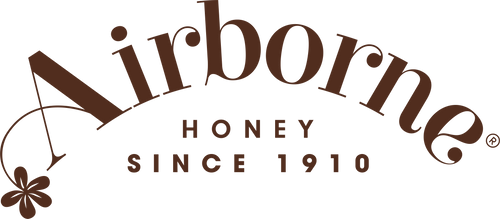Large scale study found that participants who consumed a tablespoon of honey a day were 80% less likely to develop dementia.
As supporters of the new Braintree Wellness Centre in New Zealand, we have a strong interest in the link between food, brain health and neurological conditions. We went on a search to see what role honey could play.
Imagine our delight when we discovered a randomized, placebo controlled, double blind study of 2,893 people in the Middle East aged 65 or older. Over a 5 year period half the participants consumed 1 tablespoon of honey per day, and the other half received a placebo. The results were staggering.
394 of the placebo recipients developed dementia. In contrast only 95 of the honey munchers showed signs of dementia.
A link to the full study is here.
It wasn't the only research we found.
"Recent studies conducted on the use of honey and its effects on the brain physiologically, and anatomically, showed that honey holds potential in halting or even treating brain health deteriorations."
Honey has antioxidant properties and it enhances the brain’s cholinergic system and circulation.
So what honey is best? The internationally renowned Cleveland Clinic gave us a steer.
“The clearer the honey, the more processed it is. Raw honey seems to be the better choice. It’s likely to have some pollen and more enzymes because it’s not treated with heat. Pollen may have beneficial properties."
Look for the honey which has a low heat factor (HMF) and preserves the pollen (unfiltered).
For more information check out the Honey Science pages on our website.
Heating and Filtering Honey – Airborne Honey
Airborne is the only NZ honey company which has the pollen count and HMF score on every jar.
You can shop Airborne honey here.








